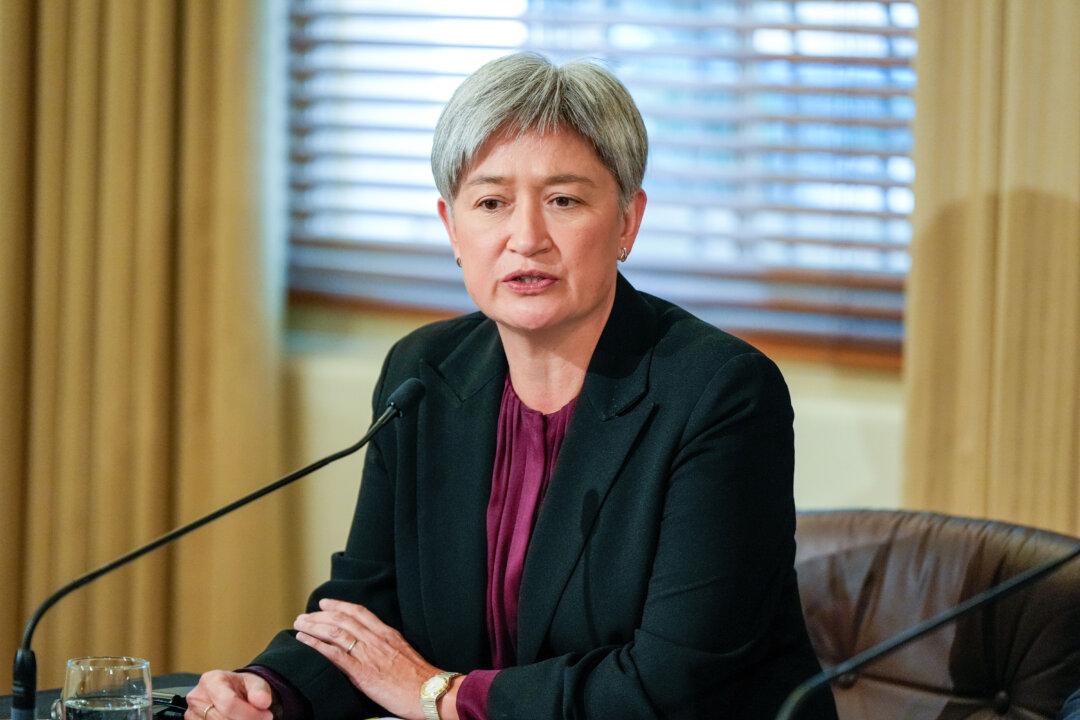The Australian Labor government’s decision to diverge from the United States and support a U.N. resolution calling for Israel to end its “unlawful presence in the Occupied Palestinian Territory” continued to dominate political discussions a day later.
Australia joined 157 countries backing the resolution, with eight countries voting against it, including the United States, Israel, and the Javier Milei-led Argentina.





